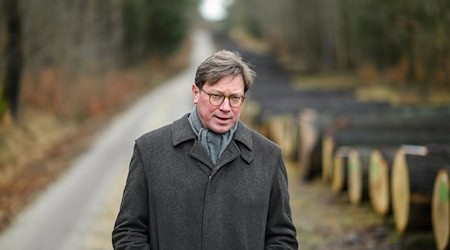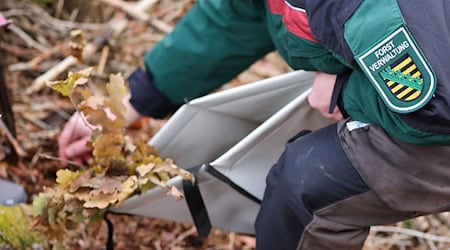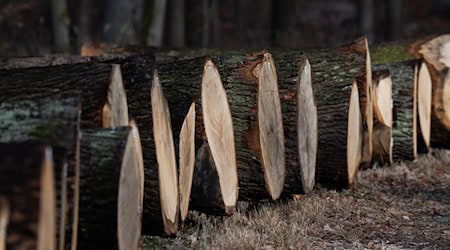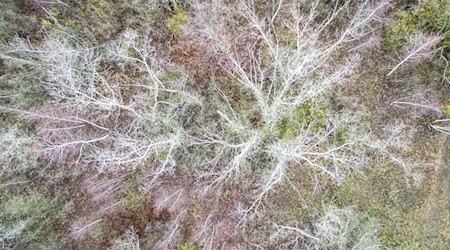According to the state government, Saxony's forests remain a permanent patient. "There is no all-clear in Saxony's forests. Their condition remains poor and continues to be a cause for concern. The climate crisis and bark beetle are leaving deep wounds," said Forestry Minister Wolfram Günther (Greens) on Monday in Moritzburg at the presentation of the forest status report. Overall, the condition of the forests in the Free State has developed very critically since 2018.
According to the survey, the proportion of significantly damaged trees was 35 percent, as in 2022. Only 23 percent showed no damage. According to the data, the average loss of needles and leaves reached 26 percent this year. This was one percentage point below the long-term peak of 2022.
"As a result of the climate crisis, it is too dry and too warm. This makes the trees more susceptible to harmful insects such as the bark beetle, and the forest soil is drying out. Our answers to this are forest conversion and integrative, nature-oriented forest management," emphasized Günther. A lot of progress has already been made here.
"We are working intensively on the forest of the future. We are creating and promoting climate-stable, species-rich and structurally diverse mixed forests and are combining nature conservation, soil protection, water protection and forest use. This is the only way our foresters will be able to adequately arm the forest ecosystem against the climate crisis," said the Minister.
According to State Forestry President Utz Hempfling, the foresters in Saxony have succeeded in further limiting forest damage this year thanks to their dedicated approach. Nevertheless, the damage was still at a historically high level. In some regions of the state, they have even increased this year.
According to Hempfling, every opportunity must be used in the coming years to limit the spread of bark beetles. "If we do not succeed in detecting fresh infestations at an early stage and remediating them in good time, the damage may reach a level that can no longer be controlled, even in regions that were previously less severely affected."
Copyright 2023, dpa (www.dpa.de). All rights reserved










